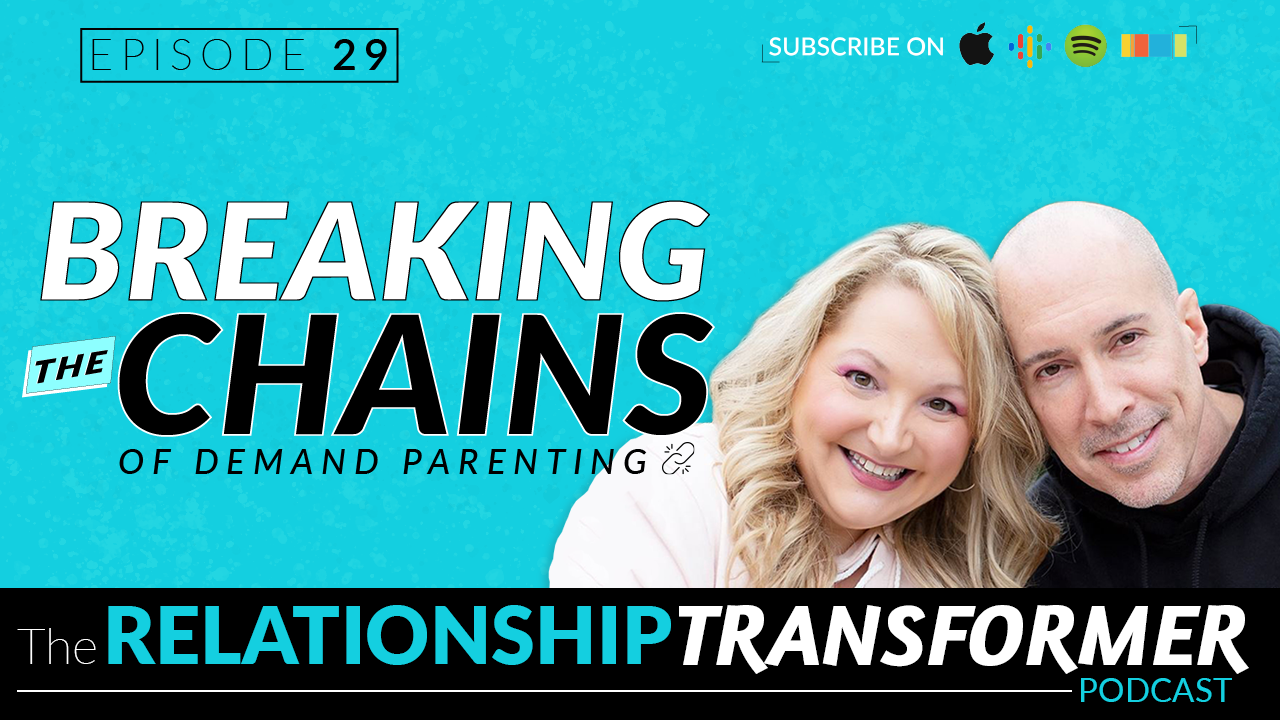
What’s The Episode About:
In this episode, Paul and Stacey will share some behind the scenes content from their recent relationship development parenting live event day and specifically focus on sharing one major nugget that we can all implement immediately in our parenting. Listen in as they dive into the differences between demand parenting and relationship development parenting, and share some real-life parenting scenarios where relationship development parenting works perfectly so we can easily apply the same with our kids at home. Key Points Discussed:- The recent relationship development parenting live event (00:55)
- The reality of what the parenting job is and how to properly approach it (05:39)
- Empowering our kids by teaching them the skills and tools to navigate real-life (09:03)
- The two ways of getting the biggest building in town (15:27)
- Robbing our kids of the skillset that they need to be prepared for the world (19:31)
- Stop yourself, ask yourself, and reach out when you’re stuck (23:40)
Where Can I Learn More:
- The 14-Day Boost Program
- www.CashflowTactics.com
- Have you signed up for The D.I.R.T. ?! http://bit.ly/2KlobXZ
- Check out our programs: www.RelationshipDevelopment.org/Programs
- See our upcoming events: www.RelationshipDevelopment.org/Events

